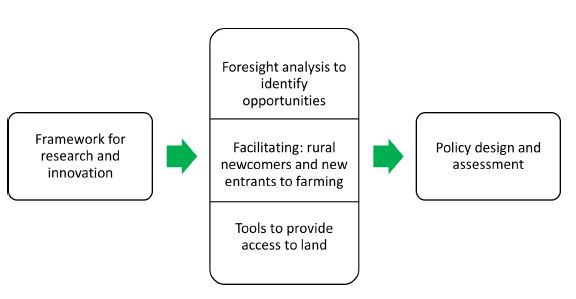Throughout RURALIZATION, different regional contexts and case studies will be studied. This will inform the development of novel instruments and strategies that can support rural regeneration. RURALIZATION will select these carefully to ensure the results translate into well-grounded, relevant and effective instruments and strategies that can inform rural policy. The project’s Assessment Framework plays an important role in guiding this process.
Case studies of ‘promising practices’ will be developed. To guide our evaluation and judgement of what is a promising practice RURALIZATION will use ‘normative’ thinking. This relates to what we understand as desirable or positive and is guided by the concepts underpinning the project, which we will distil as key principles that we can identify in promising practices. We are also still developing our conceptual framework, but anticipate rural innovation and resilience will feature as core concepts. For example, innovation is needed to generate new opportunities in rural areas that support regeneration, but innovation also must be underpinned by resilience to support the continued cycle of renewal of the rural population and economic activity.
Promising practice case studies will be developed relating to facilitating rural newcomers, new entrants into farming and farm succession, as well as overcoming the issue of access to land. Due to the diverse nature of the case studies, the Assessment Framework must also be broad to enable its application in a variety of settings. It is also important from the respect of controlling our preferences, biases, preconceptions and assumptions when selecting promising practices.
Another task of RURALIZATION is to critically review and develop these instruments and strategies to allow for adaption to wider rural contexts. We need to find comparable regions that do not show the same ‘promising’ results generated by promising practices. Rural areas can be very different from each other, such as remote mountainous rural areas compared to rural places just outside cities. What works in one place may need adaptation to work well in another. The Assessment Framework will also guide us in our selection of appropriate regional contexts to introduce our findings from promising practice case studies. This is important to help us understand how they may transfer to new, but similar contexts of application.
RURALIZATION has developed an initial Assessment Framework as a working paper and project partners are currently working together to refine this. RURALIZATION will have a final Assessment Framework ready for early 2020. We will first use it to help select case studies for work package five that focuses on rural newcomers and new entrants to farming.



